Verma credits his distinguished 30-year executive career with leading technology companies, including Savi Technology, Lockheed Martin and 8×8 Inc., to a combination of education, leadership, and luck.
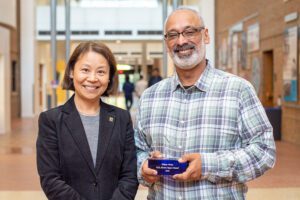

Verma credits his distinguished 30-year executive career with leading technology companies, including Savi Technology, Lockheed Martin and 8×8 Inc., to a combination of education, leadership, and luck.

PhD candidate Mohammad Vahid Jamali won a Best Paper award at IEEE ICC for his work on Product AutoEncoders, which could help shape future generations of wireless networks, IoT, and autonomous systems.

Ryan is an electrical engineering undergrad interested in military systems and devices.

Using retired electric vehicle batteries, the project plans to enable widespread and equitable access to sustainable power and energy through sustainable energy storage.
PhD student Trevor Odelberg is looking to enable long range, highly reliable, and low-power cellular IoT devices that one day can run entirely on harvested energy, reducing battery waste and empowering devices to last for decades.
The post Batteryless next-generation cellular devices could empower a more sustainable future appeared first on Michigan Engineering News.
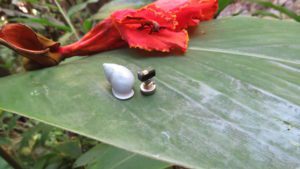
The study yields new insights into the survival of a native snail important to Tahitian culture and ecology and to biologists studying evolution, while proving the viability of similar studies of very small animals including insects

Prof. David Wentzloff’s paper examining the trends and techniques to achieve ultra-low power receivers was honored by the IEEE Custom Integrated Circuits Conference
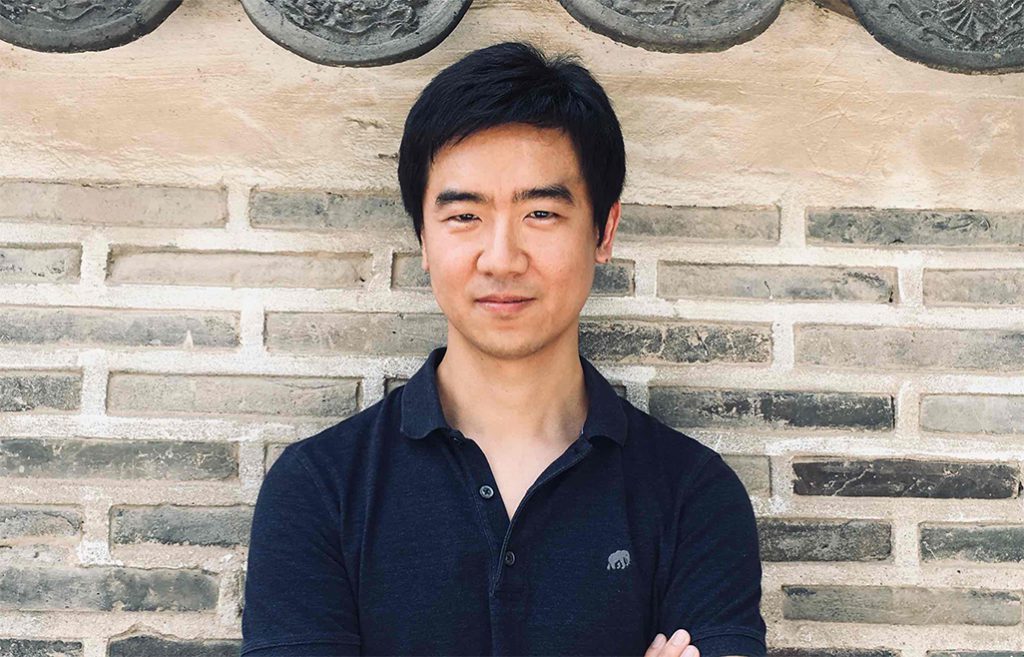
Kim takes an interdisciplinary approach to tackle challenges in heterogeneous classes of energy-efficient and versatile communication systems.
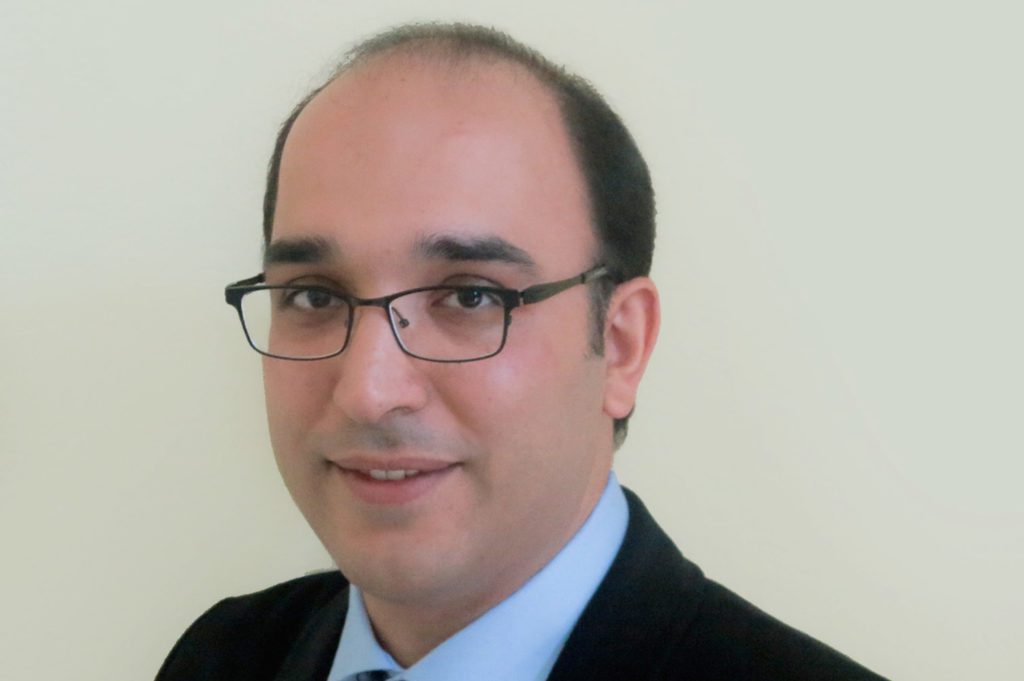
With the help of two NSF awards totaling $1.7m, Prof. Hessam Mahdavifar is tackling new problems to improve the reliability of communication systems for 5G and beyond.
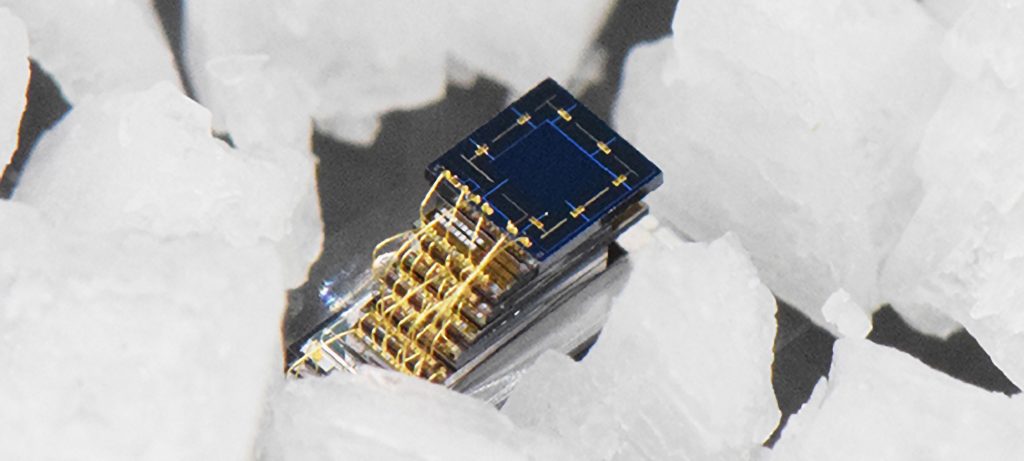
The Michigan Micro Mote gets a new gallium arsenide solar cell for added power and adaptability.